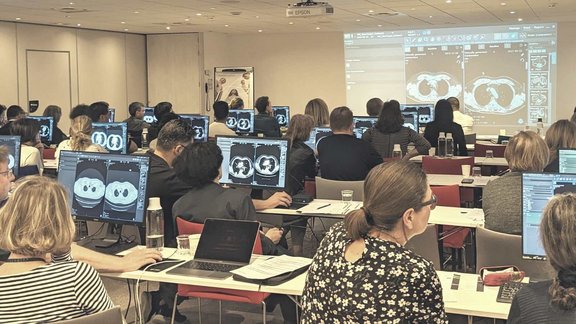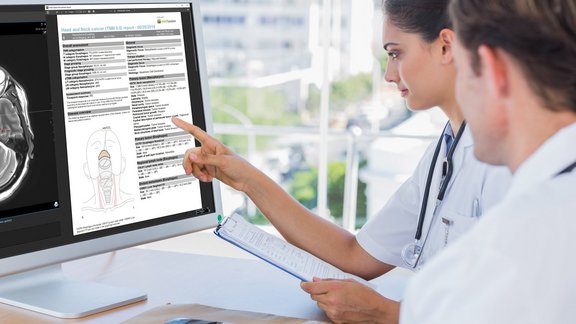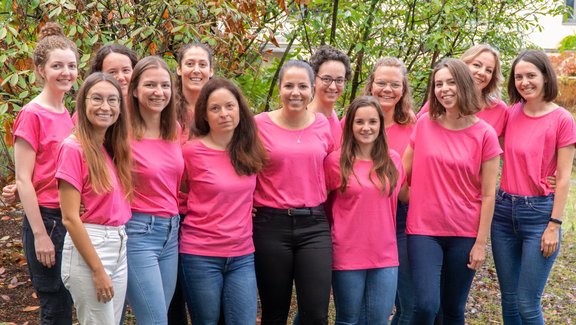Healthcare still lags behind other economic sectors in terms of digitalization. Despite significant advancements in diagnostic and therapeutic methods, such as new imaging technologies and personalized cancer therapy, the display and interpretation of medical images have not fundamentally changed in recent decades. This gap in technological advancements and lack of standardization of clinical processes creates difficulties for modern cancer care. As a result, patients experience disparities in treatment quality.
Notwithstanding the numerous standardization initiatives, there are still critical differences in the practices of image acquisition, interpretation, and reporting. These differences cause diagnostic errors and hinder the incorporation of new methods, such as radiomic image analysis, into clinical practice. In essence, the lack of digitalization and standardization prevents physicians from taking full advantage of the wealth of data contained in medical images.
A structured approach to imaging data capture and analysis, together with the integration of supportive tools, such as in-built guidelines for screening, staging, and response evaluation, can unlock the full potential of these data and produce high-quality, comprehensive, and patient-specific reports that contain only essential information while significantly reducing a radiologist’s cognitive burden.
Utilizing Data to Optimize Clinical Processes
Recognizing the crucial role of radiology in cancer care, we in Mint Medical aim to provide radiologists with the tools they need to deliver more precise and tailored care to their patients. With our solutions, we empower physicians to take action and bring about the change that so far has only been talked about: fundamentally change the way of collecting imaging data and systematically improve clinical processes.
Thus, in the Bavarian Oncology Radiology Network (BORN) project, we assist the Bavarian Center for Cancer Research (BZKF) and the six university hospitals in Bavaria to establish a uniform and structured reporting in oncological imaging and develop a secure IT infrastructure for the capture and exchange of medical data. This standardized collection and assessment of imaging data can later be expanded to healthcare institutions across the entire region for the benefit of all patients in the area.
Paving the Way for Integrated Diagnostics
Since the quality of diagnosis and monitoring of cancer recurrence heavily relies on the collaboration of various diagnostic fields such as medical imaging, pathology, and laboratory medicine, enabling integrated diagnostics in clinical routine is one of our key goals.
Today our software platform mint Lesion™ already enables healthcare providers to take a multidisciplinary approach to the diagnosis and treatment, for example in prostate cancer. In addition, through the development of dedicated templates we aim to enable further collaboration of various disciplines and the establishment of shared clinical decision-making systems that allow utilization of machine learning and AI. This approach promises to further improve diagnostic accuracy, creating a solid basis for precision medicine and bringing the cancer treatment quality to the expected level.



